
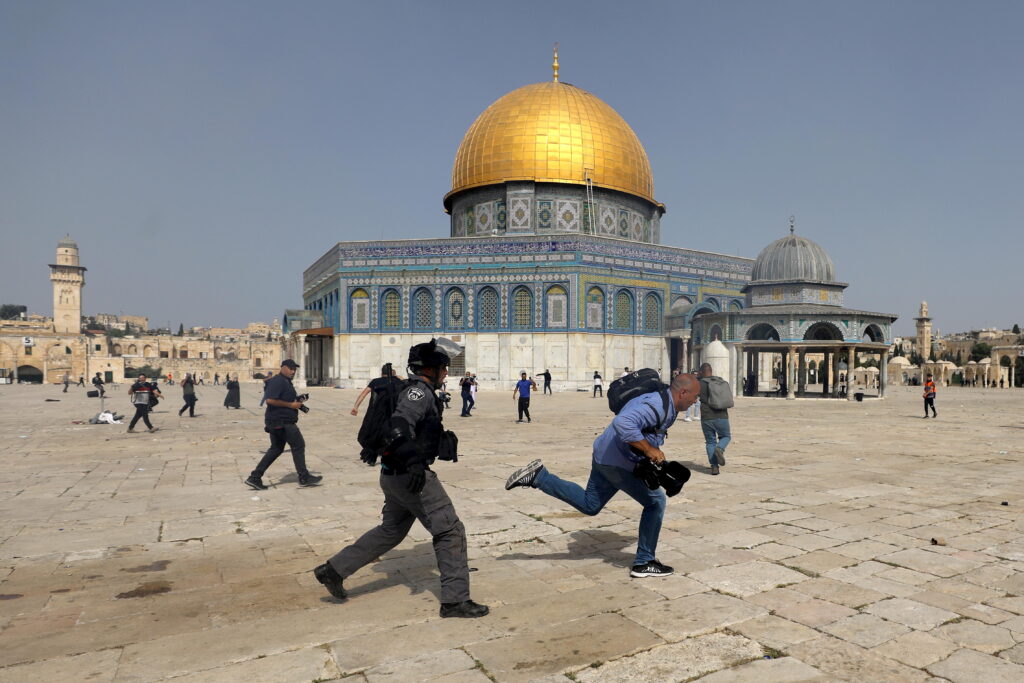
JERUSALEM (Reuters)
Palestinian protesters threw rocks and Israeli police fired stun grenades and rubber bullets in clashes outside al-Aqsa mosque in Jerusalem on Monday (May 10), as Israel marked the anniversary of its capture of parts of the city in the 1967 Arab-Israeli war.
The Palestinian Red Crescent Society said at least 305 Palestinians were injured in the violence, and 228 of them were taken to hospital. Several of the Palestinians were in critical condition and police said 21 officers were injured.
Al-Aqsa, which is Islam’s third-holiest site, has been a focal point of violence in Jerusalem throughout the Muslim holy month of Ramadan, and the clashes have raised international concern about wider conflict.
The White House had called on Israel to ensure calm during “Jerusalem Day”, its annual celebration of the capture of East Jerusalem and the walled Old City that is home to Muslim, Jewish and Christian holy sites.

In an effort to ease the situation, Israeli police banned Jewish groups from paying Jerusalem Day visits to the holy plaza that houses al-Aqsa, and which Jews revere as the site of biblical Jewish temples.
But a traditional Jerusalem Day march in which thousands of Israeli flag-waving Jewish youth walk through the Old City’s Damascus Gate and the Muslim Quarter looked set to go ahead.
At al-Aqsa, police fired tear gas, stun grenades and rubber bullets at hundreds of Palestinians who hurled rocks at them in the morning, witnesses said.
The violence at the holy compound abated several hours later and witnesses said Israeli police pulled back and began allowing Palestinians over the age of 40, deemed less likely to take part in confrontations, to enter.
‘Law and order’

In public remarks, Prime Minister Benjamin Netanyahu said Israel was determined to uphold law and order in Jerusalem while preserving “freedom of worship and tolerance for all”.
Nabil Abu Rudeineh, a spokesman for Palestinian President Mahmoud Abbas, accused “Israeli occupation forces” of conducting a “brutal raid” at al-Aqsa.
Israel views all of Jerusalem as its capital, including the eastern part that it annexed in a move that has not won international recognition. Palestinians want East Jerusalem to be the capital of a state they seek in the occupied West Bank and Gaza.
Tensions have also been fuelled by the planned evictions of several Palestinian families from the Sheikh Jarrah neighbourhood in East Jerusalem.

Israel’s attorney-general secured a deferment on Sunday of a Supreme Court hearing on Monday in the long-running evictions case that had threatened to stoke more violence.
A lower court had found in favour of Jewish settlers’ claim to the land on which the Palestinians’ homes are located, a decision seen by Palestinians as an attempt by Israel to drive them out of contested Jerusalem.

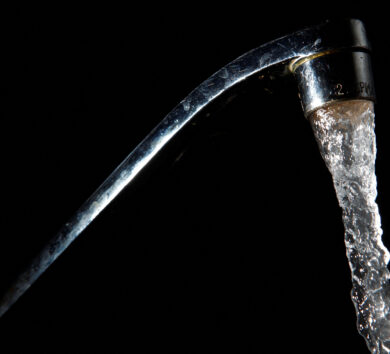
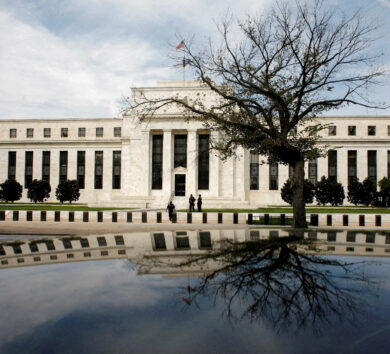
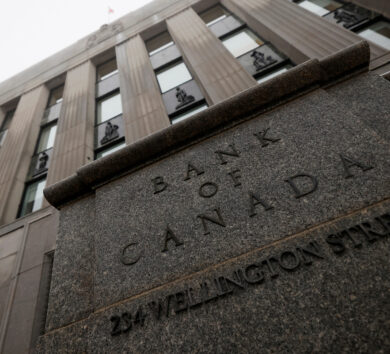
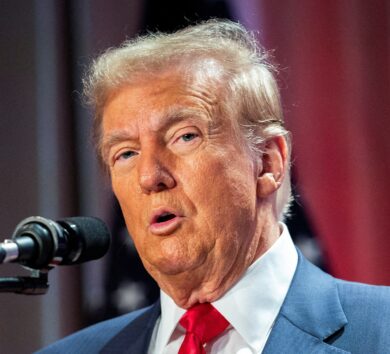
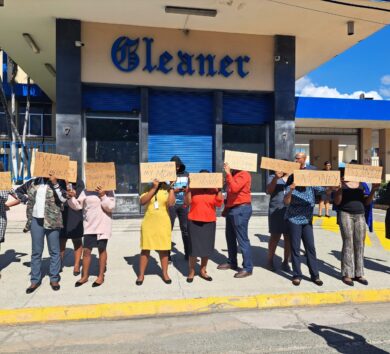
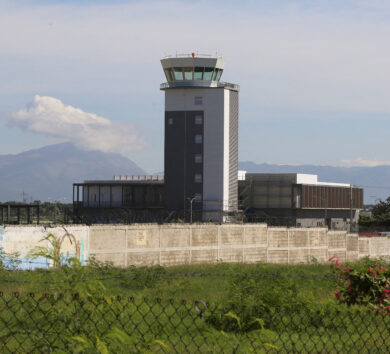
Comments